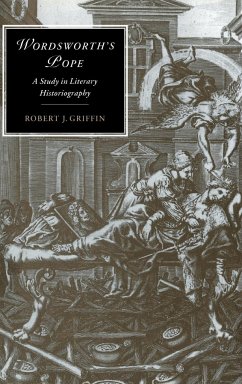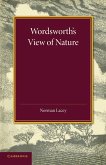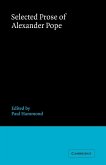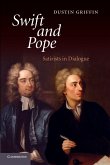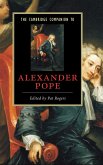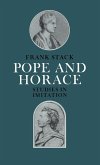Recent studies of the concepts and ideologies of Romanticism have neglected to explore the ways in which Romanticism defined itself by reconfiguring its literary past. In Wordsworth's Pope Robert J. Griffin shows that many of the basic tenets of Romanticism derive from mid-eighteenth-century writers' attempts to free themselves from the literary dominance of Alexander Pope. As a result, a narrative of literary history in which Pope figured as an alien poet of reason and imitation became the basis for nineteenth-century literary history, and still affects our thinking on Pope and Romanticism. Griffin traces the genesis and transmission of "romantic literary history", from the Wartons to M. H. Abrams; in so doing, he calls into question some of our most basic assumptions about the chronological and conceptual boundaries of Romanticism.
Hinweis: Dieser Artikel kann nur an eine deutsche Lieferadresse ausgeliefert werden.
Hinweis: Dieser Artikel kann nur an eine deutsche Lieferadresse ausgeliefert werden.

